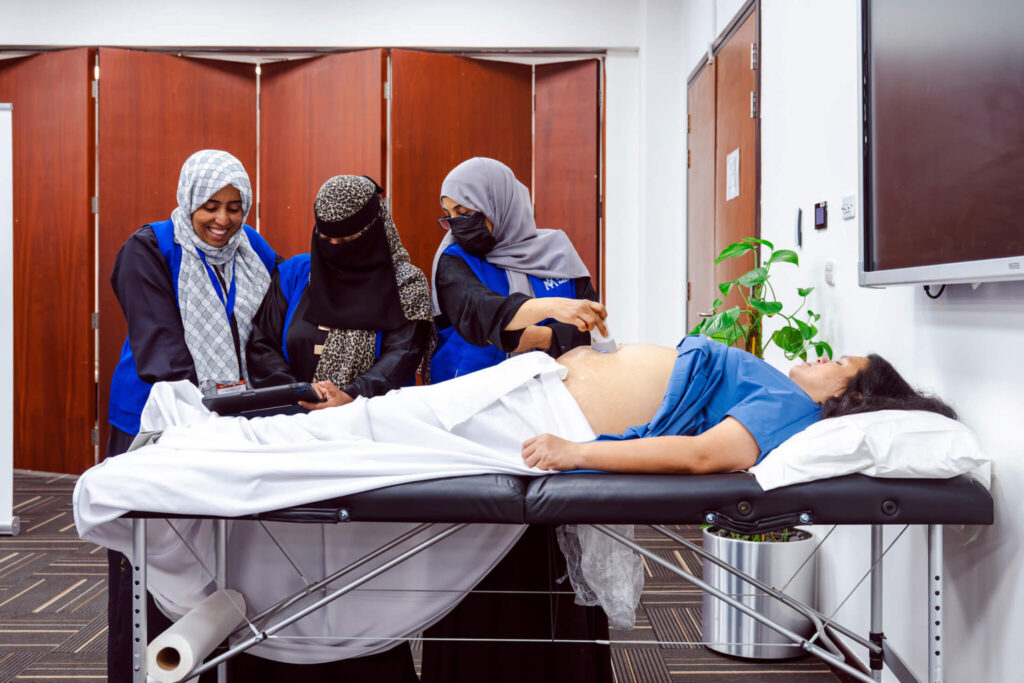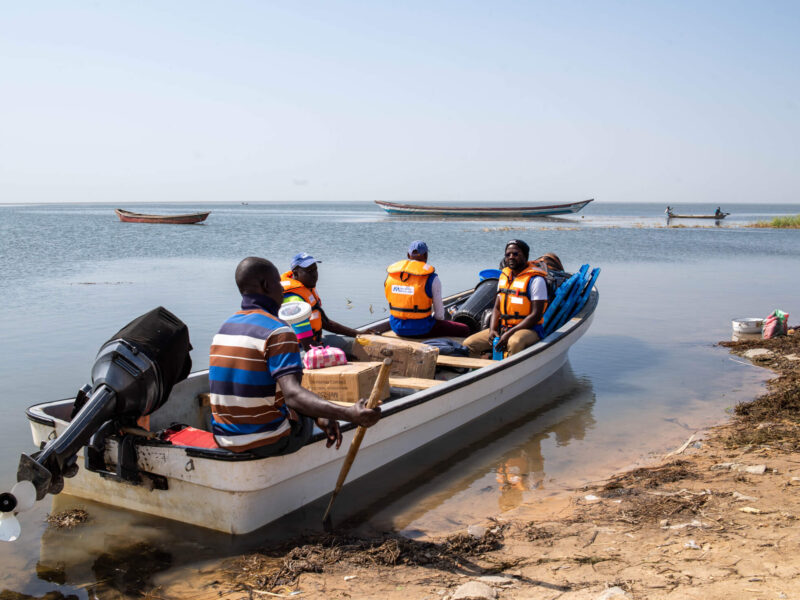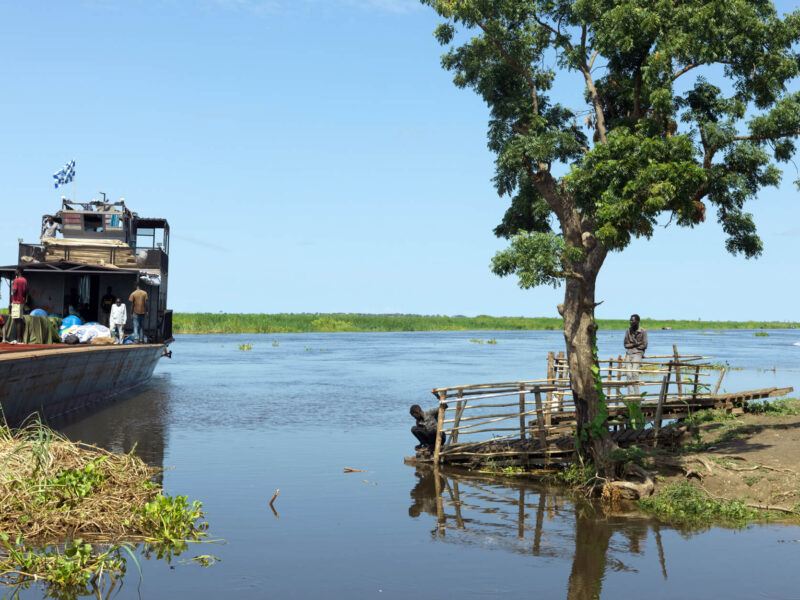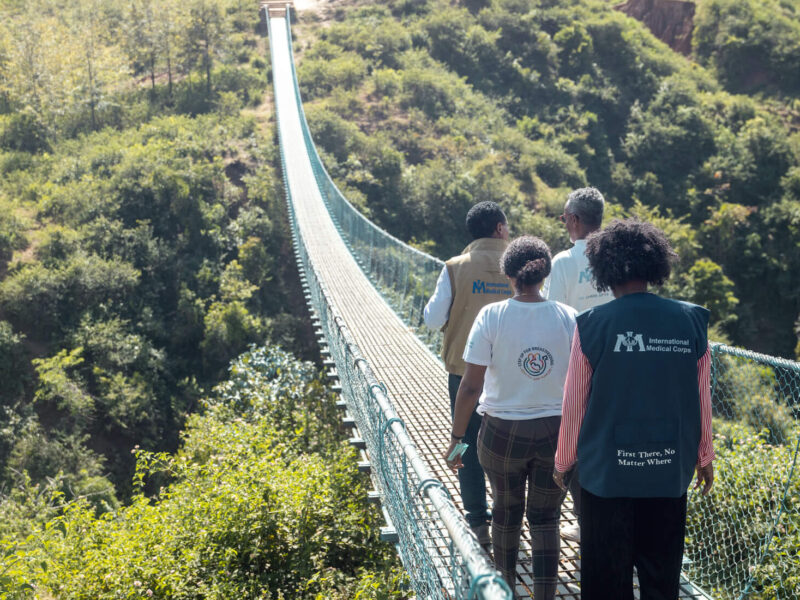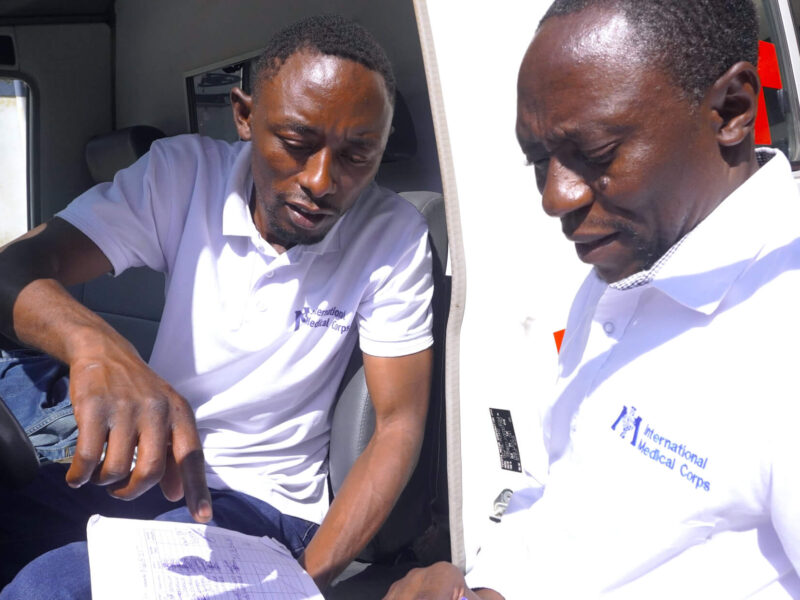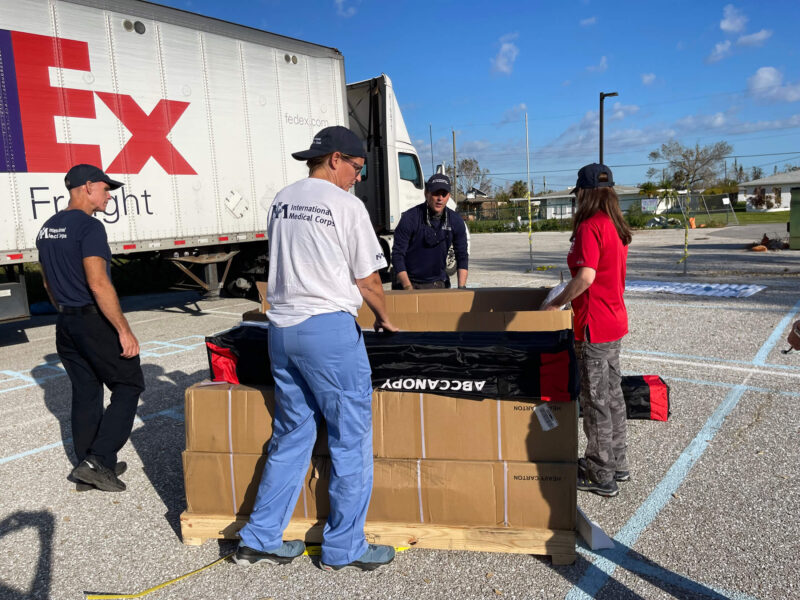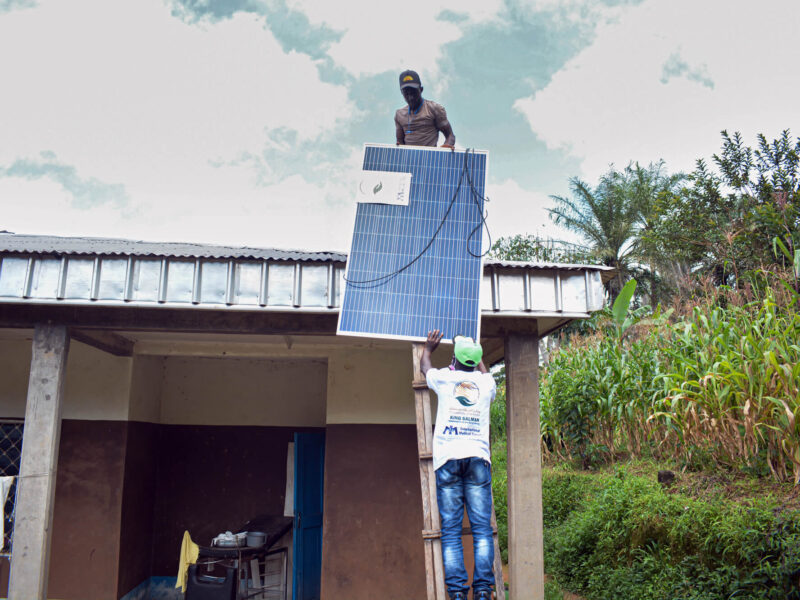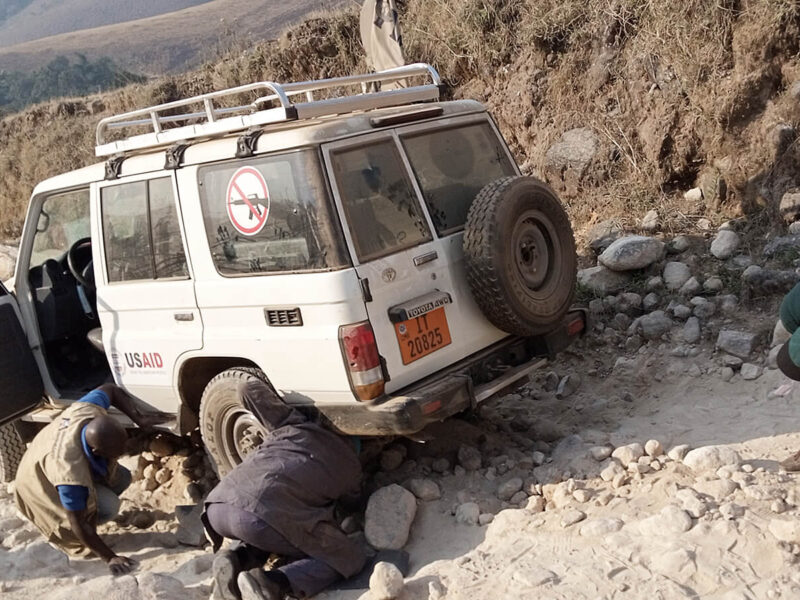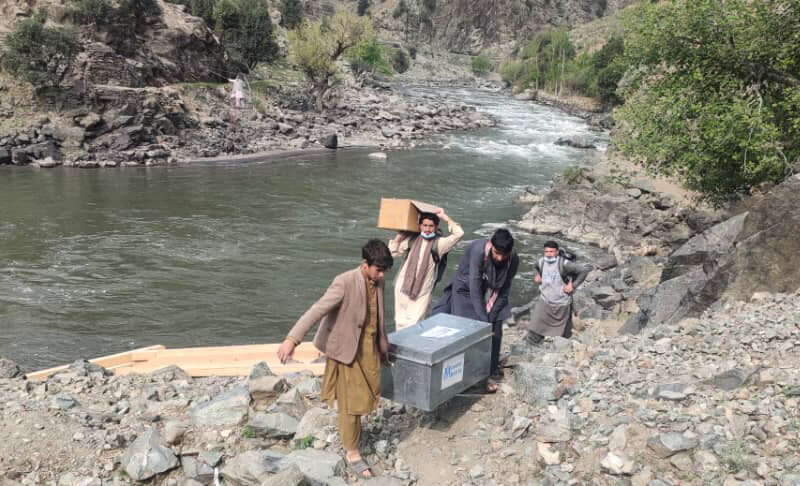March Snapshots 2025
Supporting Sudanese Refugees in Libya The ongoing conflict in Sudan has displaced more than 11 million people, with more than 2 million seeking refuge in neighbouring countries. By the end of 2024, Libya hosted approximately 215,000 Sudanese refugees. In Kufra, hundreds of refugees arrive daily at informal camps—yet healthcare facilities remain severely understaffed, lacking essential …
